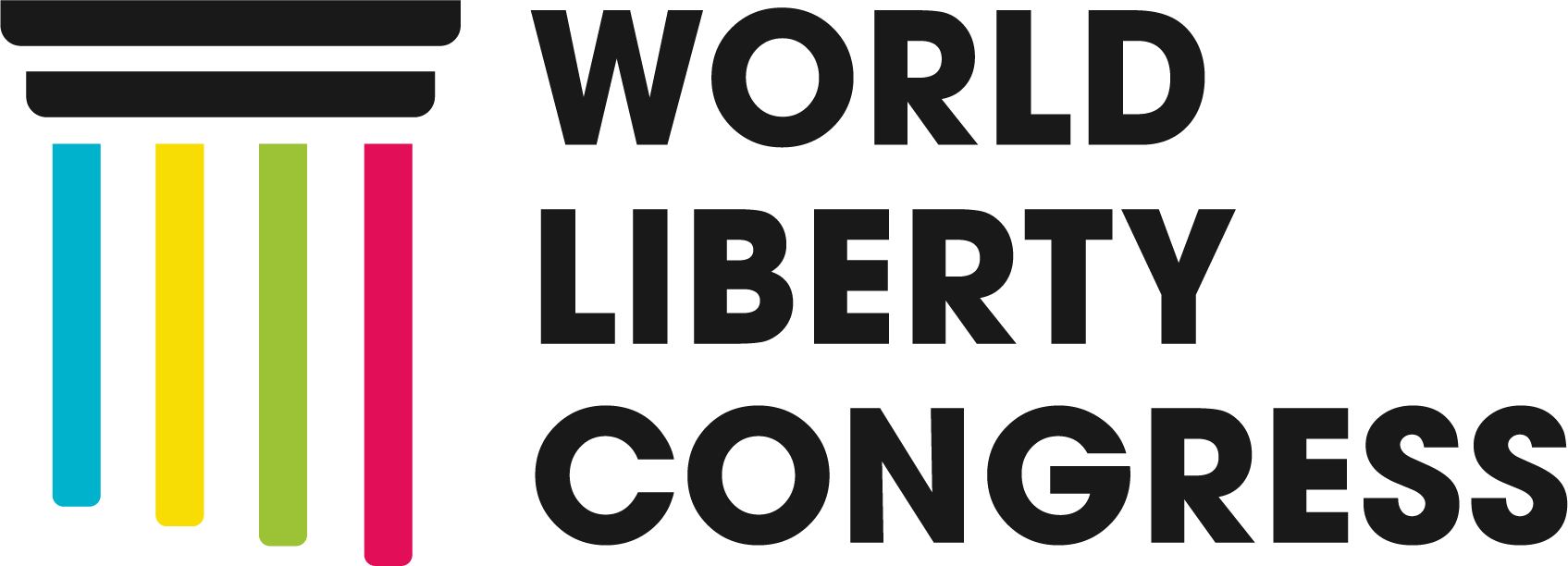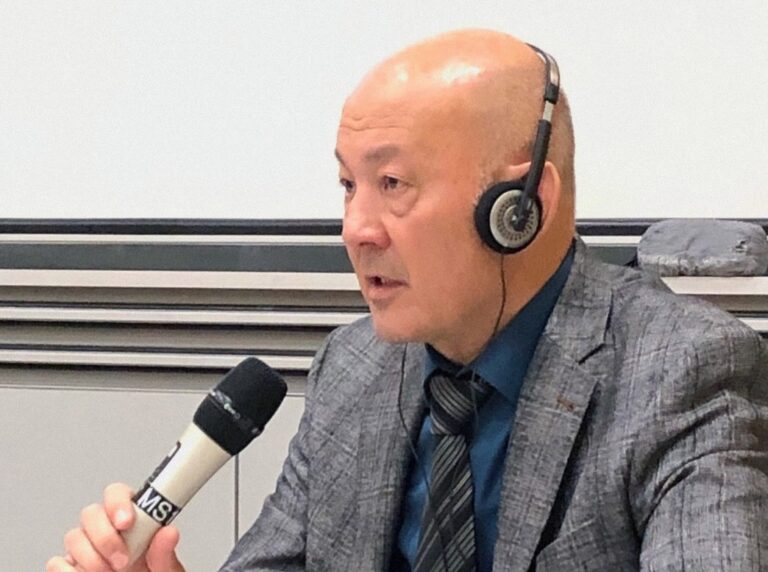By Tarhyang Enowbikah Tabe – WLC Member (Africa, Cameroon)
Cameroon’s political landscape is once again in turmoil following Sunday’s presidential election, as opposition leader Issa Tchiroma Bakary, president of the National Front for the Salvation of Cameroon (NFSC), declared himself the winner.
The declaration comes amid growing tensions in a country ruled for more than four decades by President Paul Biya, one of the world’s longest-serving leaders. Since taking power in 1982, This year’s election, marked by an unusually high voter turnout also witnessed some irregularities.
Declares Victory
Preliminary tallies from polling stations circulating on social media suggested strong support for Issa Tchiroma Bakary, particularly in key regions such as the Centre, Littoral, and Far North, which together account for nearly half of Cameroon’s electorate.
On Monday, Tchiroma released a recorded address to the nation claiming victory, thanking his supporters for their courage and civic participation.
“Our victory is clear. It must be respected,” he said, calling on authorities to recognize “the will of the people” and to “honor the truth of the ballot boxes.”
He also urged Cameroonians to remain peaceful and united, emphasizing that “the time of fear and manipulation is over.” According to Tchiroma, his victory marks the beginning of “a new era” for Cameroon — one defined by reconciliation, institutional reform, and national renewal.
In an act of political maturity, he called on the incumbent president to concede defeat, saying that such a gesture would show respect for democratic values and the people’s choice.
Government Response: Threats and Accusations
The self-declaration of victory was met with swift condemnation from the government. In a press release issued on Tuesday, the Minister of Territorial Administration, Paul Atanga Nji, denounced Tchiroma’s announcement as an act of “imposture and irresponsible behavior.”
The Minister accused the opposition leader of attempting to subvert the electoral process and destabilize the country, describing his actions as “a diabolical plan carefully orchestrated with local and foreign secret networks aiming to plunge Cameroon into chaos and bloodshed.”
Atanga Nji further warned that the “irresponsible and arrogant attitude” of Tchiroma would be met “with firmness and rigor.” He claimed that the opposition had established an unauthorized system to collect and announce election results — an act he said violated Cameroon’s electoral laws.
Disputed Results and Electoral Process
Under Cameroon’s electoral code, only the Constitutional Council is authorized to announce official election results, a process that must occur within 15 days of the vote. However, opposition groups and civil society organizations have long criticized the Council as being dominated by ruling-party loyalists, raising concerns about its independence and credibility.
Statistical estimates indicate that out of nearly 8 million registered voters, just three regions — the Centre, Littoral, and Far North — represent almost half of the electorate. According to observers, these regions overwhelmingly supported Tchiroma, while the remaining areas were divided among smaller parties and the incumbent.
As Cameroonians await the official results, tensions continue to rise. Many fear that the government’s hardline response to the opposition’s declaration could escalate into broader unrest, in a country already grappling with deep political divisions and ongoing conflicts in its Anglophone regions.




